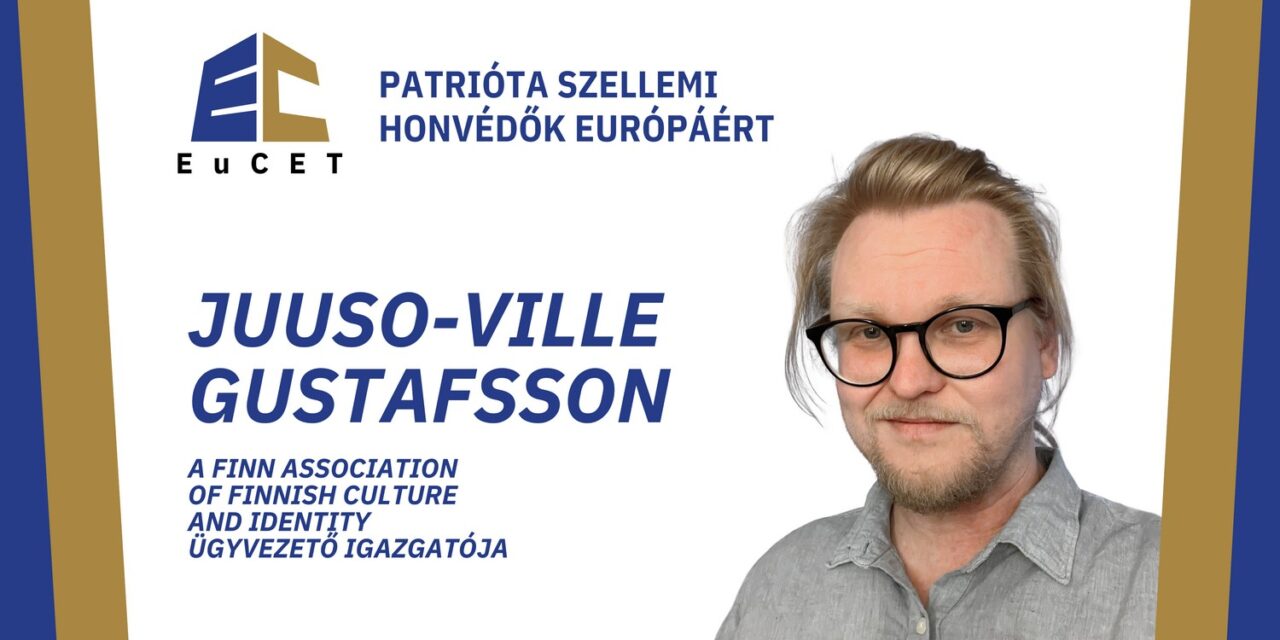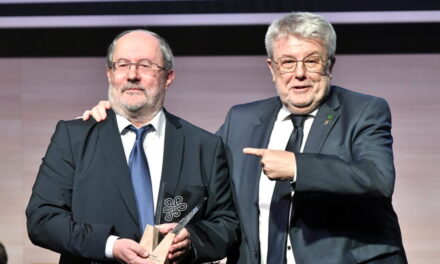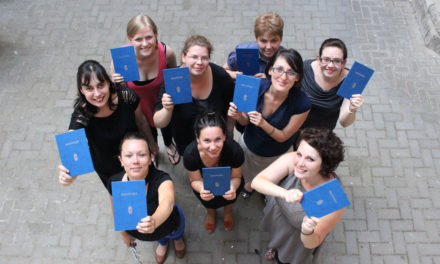Next Friday, October 25, CÖF-CÖKA will organize the fifth conference of the European Union Civil Cooperation Council. Juuso-Ville Gustafsson , executive director of the Finnish Association of Finnish Culture and Identity, who takes part in the panel discussion "The external and internal attacks on national identity today", describes in his introduction why European people are less connected to their national community, why they feel less solidarity with each other towards.
"When I think of the current threats to the national identity of European people, the first thing that comes to mind is the federalist project of the EU, which undermines national identity by eroding the national sovereignty of European nation-states. As EU institutions gain more and more influence, they limit how and what member states and their peoples can decide. They are imposing one-size-fits-all policies, rules and regulations that ignore the different economic, cultural and political realities across Europe. This leads to various problems: It makes the EU less democratic by giving power to distant elites that are out of touch with the values of ordinary people. This not only weakens accountability, but also alienates people from democratic decision-making processes, further eroding national identity.
The second thing that comes to mind is what Roger Scruton called oikophobia, "the felt need to denigrate customs, culture, and institutions that are identifiably ours . This habit of treating everything that is ours with suspicion and contempt and belittling the importance of national feelings is like shooting ourselves in the foot, since it is a widely recognized fact that the erosion of national identity is social cohesion, a sense of common purpose, trust and leads to a breakdown in community engagement. Because people feel less connected to their national community, they are less likely to feel solidarity towards each other (lower welfare and tax support), less likely to support shared institutions, less likely to participate in civic life, or work for common goals - the common good. It weakens the bonds that help societies face challenges together.”
Juuso-Ville Gustafsson













